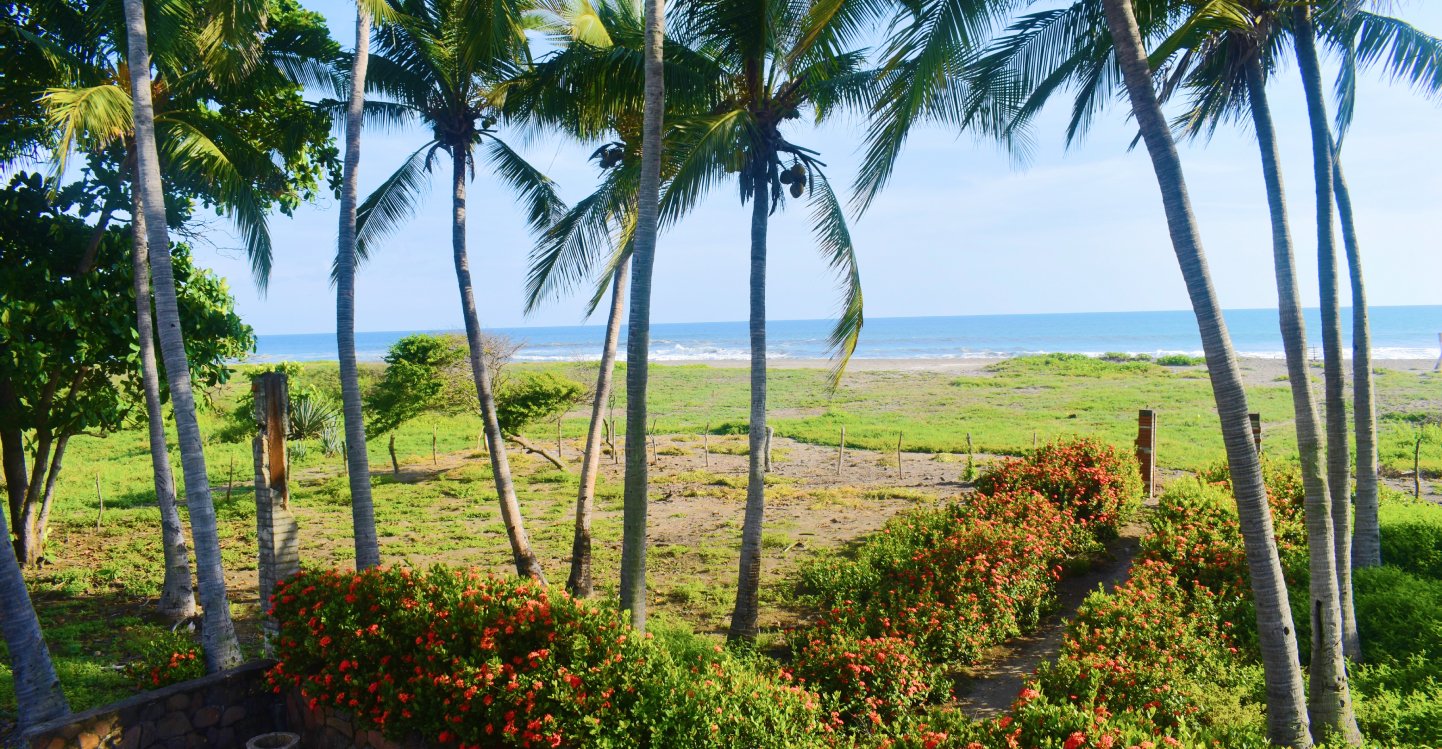The project
What's included
What's not included
Flights and airport taxes, medical and travel insurance, visa costs, police or background check, additional drinks and gratuities, extra local excursions, personal items and toiletries, laundry, local transport during free time, food (snacks), accommodation and transport outside of the research station.
Your accommodation
Accommodation at our ocean-front field station is communal in nature featuring shared rooms, typically accommodating 2–4 individuals, with shared bathrooms. This offers a cosy retreat after a day (or night!) of turtle tracking and conservation work. Bedding essentials like sheets and pillows are provided. For those seeking added privacy, individual or couple accommodations are available for an extra fee, contingent upon availability.
Embracing eco-conscious practices, our field station operates on clean energy. Water for hygiene needs flows from a gravity-fed tank, ingeniously replenished via a pedal-powered mechanism connected to a well. Solar panels power essential areas such as the kitchen, bathrooms, and communal spaces. Our kitchen is equipped with modern amenities including a refrigerator and coolers for storing provisions. Volunteers have access to water, coffee and tea throughout your stay. Our water supply is sourced from Leon and meticulously filtered, ensuring purity and sustainability.
While Wi-Fi is not available on site, there is excellent phone signal. Should you plan to get a local SIM, it’s essential that you bring a network unlocked phone. We recommend getting a local SIM card from Tigo or Claro. Additionally, guests can conveniently access Wi-Fi at a nearby eco-lodge, just 500 metres away.
























































































































